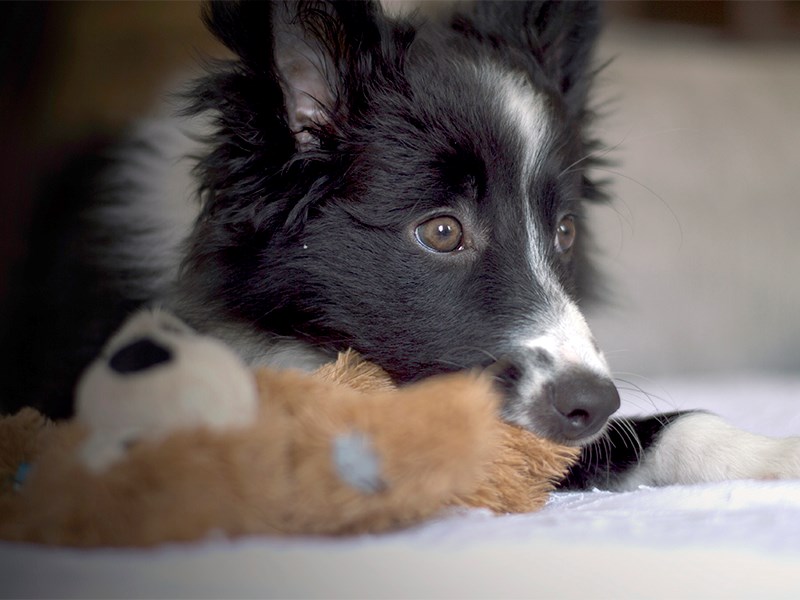We all love our pets and may even go to great lengths to show them how special they are to us. Maybe you even have a drawer to stuff all their toys and treats in. If so, chances are it is full of plastic chew toys, flimsy items that may fall apart after a few playdates, and treats wrapped in non-recyclable plastic destined for the landfill.
With a few simple changes of habit, you can still have a happy pet while also caring for the planet.
1. Become crafty and make toys yourself. It can be as simple as donating an old doll to the pet, and as fancy as creating a cat play palace or scratch post. With a few pieces of carpet or fishing rope found at the beach, and some scrap wood, something can be put together in an afternoon.
2. Avoid poorly made toys that will fall apart after a few uses. Instead, look for toys made of natural fibres, animal hide or cardboard that can be easily composted once destroyed.
3. Use kitty litter made from sawdust or recycled newspaper rather than absorbent plastic pellets, however tempting they may be.
4. For the brave of heart, take the challenge to ditch the doggy poop bag. Even when compostable, these bags are a poor solution to dealing with animal waste. At best, the bags require a high-heat composting facility to break down properly. At worst, they contribute to plastic pollution. Consider alternatives such as a cardboard scoop and paper bag, training your pet to go in the bushes, or, our personal favourite, using a piece of litter to pick up and dispose of waste. Large leaves and other forest debris are great tools for managing your pet waste responsibly.
5. Buy dry animal food in bulk, where possible. This will result in less plastic garbage. Wet or raw pet food can sometimes be bought without much packaging, if you bring your own containers to the butcher.
Rather than committing to all these changes at once, integrate new habits over time and soon you will have a much greener pet paw print.
Let’s Talk Trash is Powell River Regional District’s waste-management education program.



